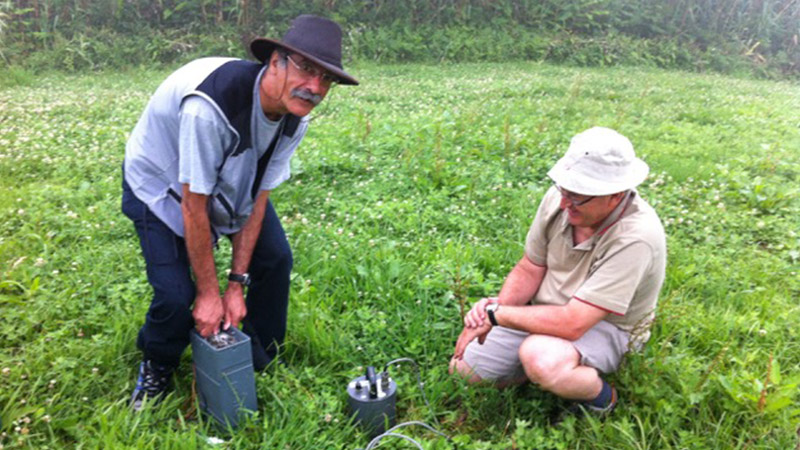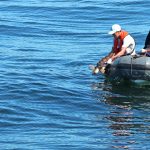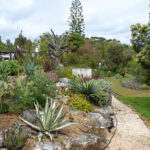Vaughan Willmore speaks to a leading expert in geophysics about the likelihood of another major natural disaster befalling Portugal.
Just a few weeks ago, I felt the earth move, and not in a good way. I’ve experienced several earthquakes, including one in the United States, which incurred significant loss of life. Their ability to unnerve and discombobulate me remains. It’s particularly disquieting, therefore, to be living in the Algarve. This area is renowned for its seismic activity and for being the nearest landmass to the epicentre of what was eventually known as the Lisbon Earthquake, infamous for being Europe’s worst natural disaster.
So how worried should we be?
Professor Mourad Bezzeghoud is the former Director of the School of Science and Technology (2013-2020) at the University of Évora. He is also a member of their General Council and the Coordinator of the university’s Institute of Earth Science research group. He has held high-profile placements in Paris, Madrid, Algiers and Portugal and is touted as a world-renowned figure in the field of earthquake seismology and seismic hazard, including the development of Earthquake Early Warning Systems.
“We cannot prevent an earthquake from happening,” explains Professor Bezzeghoud. “But we can mitigate its impact.”

How conceivable is it that there could be another earthquake as ruinous as the 1755 disaster?
The risk is deemed sufficiently ‘critical’ for ‘decisions relating to the location and quality of construction’ to be made. As Professor Bezzeghoud pointed out,“The Portuguese territory has suffered the effect of destructive seismic events with maximum intensities. There are many examples, including the 1755 earthquake, the Lower Tagus Valley earthquakes of 1531 and 1909 and, more recently, the Azores earthquakes of 1980 and 1998.” He adds that according to Scientific research, earthquakes are recurrent phenomena. ”Areas such as mainland Portugal and the Azores will almost inevitably be hit again by events of highly destructive potential.”
Seismology (the branch of science concerned with earthquakes and related phenomena) is still a relatively young discipline. “Seismology has made great strides over the past 50 years,” explained Professor Bezzeghoud. “The coming years will bring new knowledge in terms of early warning systems. The deployment of new technology represents an important step in our road towards understanding how the Earth functions and the physical processes that cause earthquakes.”
While the probability of a tsunami similar to that of 1755 is deemed to be small, it wouldn’t take such a huge earthquake to lead to catastrophe. For example, an earthquake of a weaker magnitude but located closer to a heavily populated conurbation like Lisbon could cause extraordinary damage and loss of life.



Seismic preparedness is based on three factors: the assessment of regional risk through the study of historical and instrumental activity; the adaptation of structures to withstand strong movements; and the preparation of populations and rescue services. At a governmental level, all Member States of the European Union are obliged to consider seismic activity concerning:
- Urban and territorial planning
- Information and preparation of the population
- Assessment of the resistance of existing buildings and reinforcement of buildings with poor seismic resistance
- Build Quality Assurance
- Assessment of the seismic resistance of infrastructure networks and industrial installations, including respective reinforcement when necessary
- Reinforcement of monuments and buildings of high cultural value
So what can we do as individuals?
Professor Bezzeghoud emphasised that we all have a collective responsibility and obligation to demand that preventative measures (such as the aforementioned) be taken. This helps to minimise the seismic disaster risk in Portugal. It’s also important to be fully aware of the risks associated with this region if we choose to live here. “Education on earthquake risk is very important,” he adds. “Simple gestures can save us.”
For practical information on how to stay safe during an earthquake:













